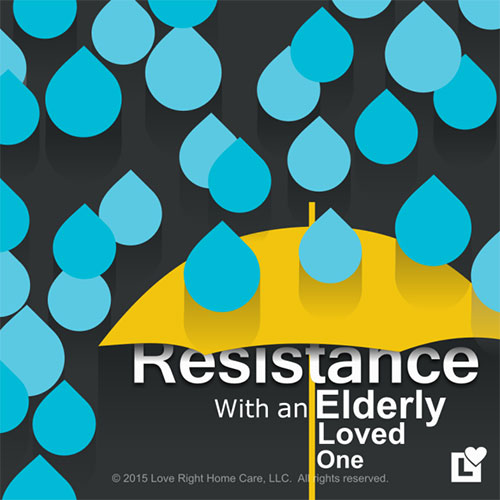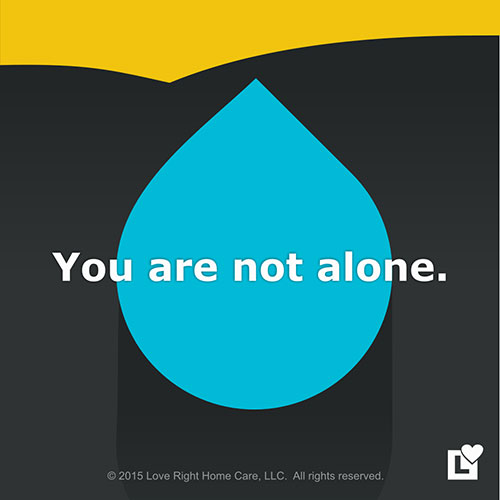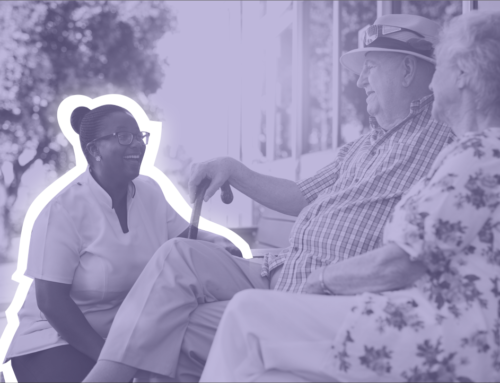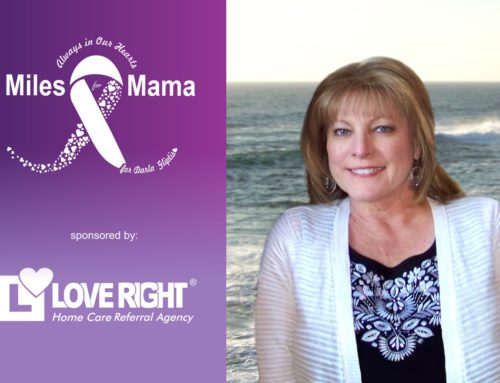 on the rise, you are more likely to be faced with providing care for your parents, grandparents, neighbors and friends. Caring can be in many different forms: cooking, cleaning, laundry, assistance with showers, reminders for medication, transportation to appointments or shopping etc..
on the rise, you are more likely to be faced with providing care for your parents, grandparents, neighbors and friends. Caring can be in many different forms: cooking, cleaning, laundry, assistance with showers, reminders for medication, transportation to appointments or shopping etc..
There comes a time where you notice your elderly loved one’s forgetting things or neglecting themselves. This is an important time to offer some SUPPORT and to ensure they’re safety.
At times, you will find yourself attempting to convince your loved one(s) that they need some extra help. Sometimes they will accept this with minimal to no hesitation, allowing you or a hired caregiver to assist with some daily activities and/or needs. Those of you that have experienced this “conversation” already know it may prove to be daunting. As experts in this process we are offering some tips to help with usual home care resistance you might encounter.
It is very important to start by letting them, your love one(s), know and feel that you are coming from a place of love and compassion. Resistance may become more intense if they feel they are losing independence or you are demanding that they comply with your wishes.
Home Care Resistance & Common Rationalizations:
“I don’t need any help…”
Reassure them of your genuine concern. Start by offering to visit on a regular basis to help with things that are too dangerous for them to do. This will help prove that some help is actually needed and may ease their resistance for future plans of care. I always like to think of this in terms of how a parent takes care of a child. Children always strive for independence, but can’t necessarily reach the cookie on the counter top without climbing the drawers. There’s potential of falling and getting hurt because of the child’s height limitations. The same for older age, mobile, mental and disease limitations. These things require help at some point, no one person can always do things on their own.
“But I like things done MY way…”
This is something we commonly hear. Most people have a set routine they like to follow, no matter the age. I know I do. Wake up at 5 am to put on the coffee, fix breakfast, get dressed, go to the gym, shower, make lunch for my work day, dress for work and out the door I go! Usually in that order.
Approach this defense with understanding, and reassure them that there routine will not have to change. They should still play a part in all the tasks to maintain optimal independence. Explain that you will learn their routine with their patience. If using a private caregiver, explain that an experienced Referred caregiver is accustom to transitioning into different homes and have become very open to changes in routine. The care should always be focused on what they want and how they do things. With time and understanding it can be a flawless progression, and maybe even more enjoyable doing these things with someone else.
“I don’t like stranger’s in my home…”
To be honest, who does like strangers in their home? It’s an uncomfortable feeling, for example, when door to door salesmen try to weasel in a few inches at a time to show you how well their household cleaners work on your tile floors. It’s not an easy transition to allow a stranger in, much less expect them to invade your private space and do tasks you would rather do alone. We understand and so should you.
Offer to stay the first few visits, initiate a “get to know you” session and conversation to build a trusting relationship. Give a detailed description of what you like and dislike. All experienced caregiver will be prepared for this transition and would like to know boundaries before providing any level of care. Assure your loved one that they must feel comfortable with that person before you will allow them to continue. With Love Right Referred caregivers, families meet as many people as they see fit to find that perfect match. It’s important to have control and comfort. Not every company will allow this, so check before you commit to one.

“It will cost way too much…”
With today’s economy, it’s tough to come out of pocket for home services. Unless you have a medical necessity and cannot leave you’re home, home health may not provide the help you need at the reduced cost billable to your private insurance. If it is decided that your loved one needs the help, there are options that will assist with the cost for non-medical home care.
Call Love Right. We have experienced managers and owners that will lead you in the right direction for free. Not only do we offer affordable caregiver referrals, but we also have a wealth of knowledge and resources to guide you in the right direction. We have strategies to help assist paying for this essential home care service. There are a few different ways to pay for non-medical home service that will make handling home care resistance much easier.
1. Veteran Affairs Aid & Attendance Pension program: If you are not sure if you qualify, Call us and we can help you determine if you are eligible for up $2,020.00 to help pay for home care services.
2. Long Term Care Insurance: This is an insurance policy set in place to assist families in the cost of necessary home care services. This is not a traditional insurance coverage like Medicare or Medicaid, in which cover medical necessity. If you have question about your coverage contacts Love Right and we can evaluate your plan for free.
3. Private Pay: Very often this is the only option for families who have not planned for long term care in advance or served in the United States military. It may become a reality to ask family members for some financial assistance. Love Right™ can help you meet registered Caregivers that fit within your budget and keep you safe in the home. If you find you cannot afford even the smallest amount of care that we refer, we will guide you in a direction that will best benefit you.








This is a wonderful article! A wealth of great information. We are going to add you as a California resource at http://www.findhhatraining.com/ Thanks for your great work. Our home health aide classes thank you.